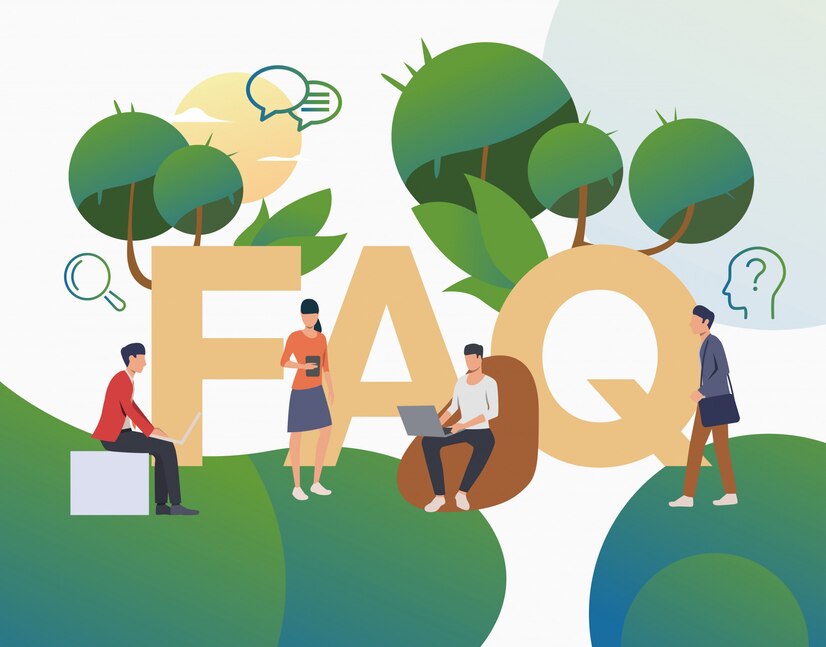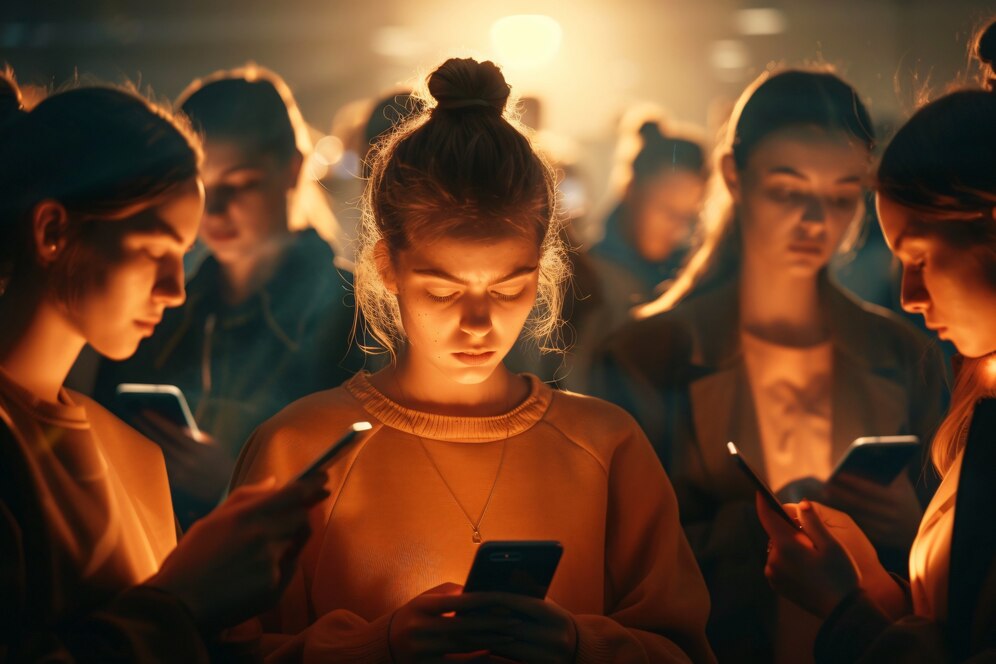Table of contents
In the digital age, social media has become an inseparable part of daily life. Whether you’re checking updates on Facebook, watching reels on Instagram, debating on X (formerly Twitter), or networking on LinkedIn, social media is always within reach. But while its convenience and connectivity are undeniable, the impact of social media on society is complex and far-reaching—bringing both positive and negative consequences.
This article explores the various dimensions of the impact of social media, including its role in enhancing human connection, fueling social and political polarization, and affecting mental health.
The Power of Connection
One of the most celebrated aspects of social media is its ability to connect people across geographical, cultural, and ideological boundaries. From long-lost friends reuniting on Facebook to real-time communication during natural disasters, the benefits are vast.
Social Media as a Connector:
- Global Reach: Individuals and businesses can reach audiences worldwide instantly.
- Real-Time Communication: Live chats, stories, and video streaming make interaction immediate and authentic.
- Support Communities: People with shared experiences (e.g., chronic illness, parenting, or grief) can find solidarity and support.
By enhancing our ability to communicate, the impact of social media has revolutionized how we build and maintain relationships.
The Rise of Polarization
However, not all aspects of social media are positive. One of the darker sides of social platforms is the rise in ideological polarization. Social media algorithms are designed to show us content we’re likely to engage with, which can create echo chambers and confirmation bias.
How Social Media Fuels Division:
- Echo Chambers: Users are shown content that aligns with their beliefs, isolating them from differing perspectives.
- Misinformation: The rapid spread of fake news can lead to fear, confusion, and conflict.
- Online Trolling and Harassment: Heated debates often turn into personal attacks, further deepening divisions.
The impact of social media on political discourse and societal unity is a growing concern among sociologists and policymakers.
The Mental Health Toll
One of the most studied areas in recent years is the connection between social media usage and mental health. While it can offer validation and community, excessive or negative use can lead to stress, anxiety, and depression.
Key Mental Health Impacts:
- Comparison Culture: Constant exposure to curated lives can lead to feelings of inadequacy.
- Cyberbullying: Anonymity can embolden harmful behavior.
- Sleep Disruption: Late-night scrolling affects sleep patterns and cognitive health.
- Addiction: Platforms are engineered for engagement, which can lead to compulsive use.
Recognizing the impact of social media on mental well-being is the first step toward healthier habits.
How to Navigate Social Media Mindfully
Balancing the pros and cons of social media use is crucial in the digital era. Here are some tips:
- Limit Screen Time: Use time-tracking apps or set specific “scroll-free” hours.
- Diversify Your Feed: Follow accounts that offer positive, informative, or inspiring content.
- Fact-Check: Before sharing, ensure your sources are credible.
- Take Breaks: Social media detoxes—even brief ones—can boost mental clarity and mood.
FAQs About the Impact of Social Media

Social media fosters global connectivity, promotes awareness for social issues, offers educational content, and provides platforms for business and creativity.
Social comparison, cyberbullying, and dopamine-driven addiction can lead to anxiety, depression, and poor self-esteem.
Yes, algorithms often favor content that aligns with user preferences, which can deepen echo chambers and discourage exposure to opposing views.
It enables instant, global communication and has transformed how we interact both personally and professionally.
Set boundaries, follow diverse voices, fact-check information, and take regular digital breaks to maintain balance.
Conclusion
The impact of social media is multifaceted—it connects, informs, entertains, and even empowers. But it also divides, distracts, and at times, deteriorates mental health. As users, we must recognize both its potential and pitfalls to navigate it consciously. By staying informed and intentional, we can enjoy the benefits of social media without falling into its traps.





